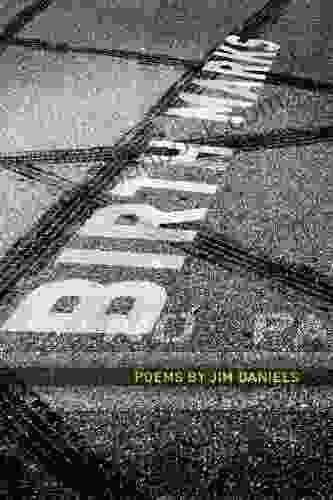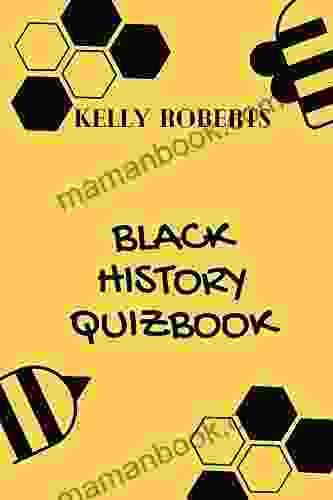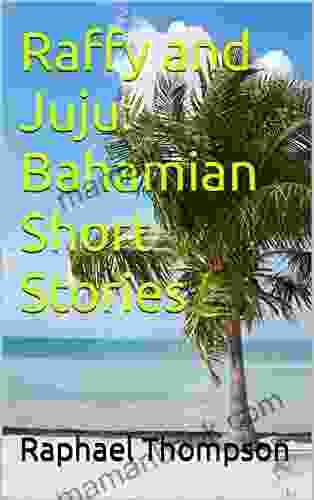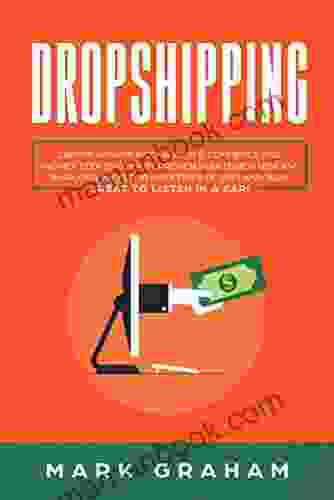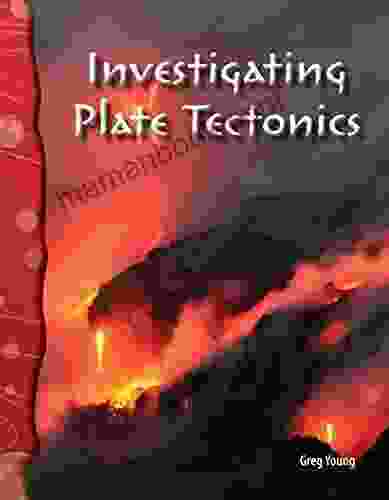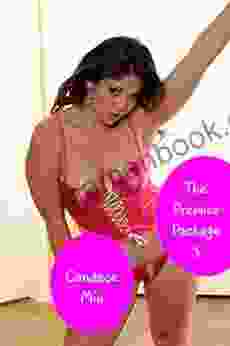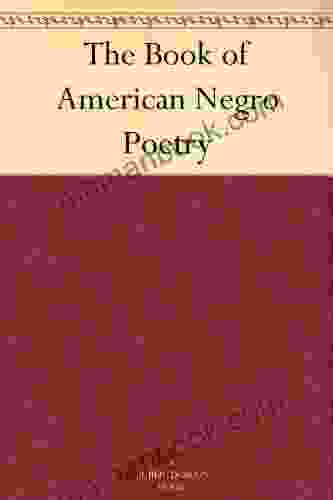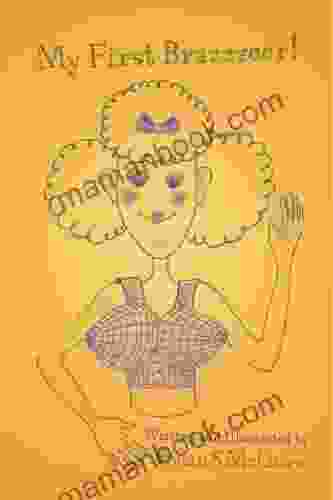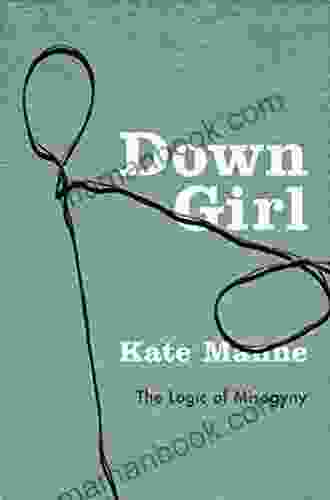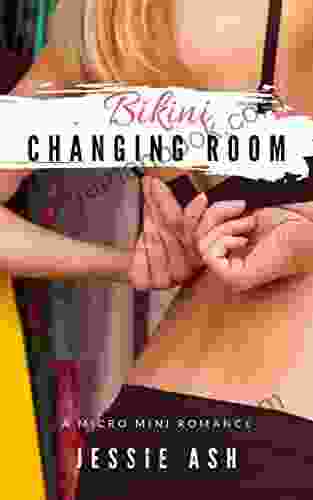Birth marks, those enigmatic and often mysterious physical characteristics, have served as a source of fascination and contemplation for centuries. In the realm of literature, they have also held significant symbolic value, inspiring poets to explore themes of identity, destiny, and the complexities of human existence. This article delves into the rich and diverse literary legacy of birth marks, tracing a continuum of American poets who have grappled with their meanings and implications.
Emily Dickinson (1830-1886)
Emily Dickinson, the enigmatic and introspective New England poet, frequently employed birth marks as a metaphor for the hidden or obscured aspects of human nature. In her poem "The Dimity Convent," she writes:
4.1 out of 5
| Language | : | English |
| File size | : | 593 KB |
| Text-to-Speech | : | Enabled |
| Screen Reader | : | Supported |
| Enhanced typesetting | : | Enabled |
| Word Wise | : | Enabled |
| Print length | : | 120 pages |
| Hardcover | : | 164 pages |
| Item Weight | : | 10.2 ounces |
| Dimensions | : | 5 x 0.44 x 8 inches |
"A little figure in a niche, The little Saints above her fair, Had reigned in stainless solitude Except for a brown stain there."
The brown stain, a birth mark, symbolizes the protagonist's secret shame or guilt, a flaw that tarnishes her otherwise pure and innocent appearance. Dickinson's use of the birth mark suggests that even the most virtuous individuals may harbor hidden defects or imperfections.
Walt Whitman (1819-1892)
In contrast to Dickinson's somber treatment of birth marks, Walt Whitman celebrated them as a testament to the beauty and diversity of human life. In his poem "I Sing the Body Electric," he writes:
"The goddesses, Ceres, Venus, Juno, Even Juno, mother of mankind, Have their beards and tires and curls and eyelashes, And the wet red bladed grass springs in patches where they stand."
Whitman's inclusive vision extends to birth marks, which he sees as natural and integral parts of the human body. His poetry suggests that embracing our birth marks means embracing the unique and multifaceted nature of our being.
Sylvia Plath (1932-1963)
Sylvia Plath, a poet known for her intense and often disturbing imagery, explored the complex emotional and psychological implications of birth marks. In her poem "Poppies in July," she writes:
"And the day she is born Two poppies, red At the tips, open in the soft heat."
The poppies in the poem represent the protagonist's birth marks. Their color, red, symbolizes both beauty and pain, hinting at the ambivalent feelings that the protagonist harbors towards her own body. Plath's use of the poppies suggests that birth marks can be both a source of pride and vulnerability.
Adrienne Rich (1929-2012)
Adrienne Rich, a pioneering feminist poet, used birth marks as a lens through which to explore issues of identity and power. In her poem "Diving into the Wreck," she writes:
"The one thing I had not been prepared for Was the weight of the body The drowned face smiling at me From the top of her lungs."
The birth mark in Rich's poem becomes a symbol of the oppressed and silenced voice of women. The protagonist's act of diving to find and recover the drowning body suggests her desire to reclaim and give voice to marginalized experiences.
Louise Glück (1943-)
Louise Glück, a Pulitzer Prize-winning poet, has explored the complexities of human relationships through the lens of birth marks. In her poem "The Wild Iris," she writes:
"I thought of my mother weeping At the edge of the water, The water a black mirror Reflecting my perfect body Before the birthmark spread Like a stain on my skin."
Glück's birth mark becomes a source of shame and estrangement for the protagonist. It symbolizes the way in which external expectations and judgments can shape our own self-perceptions and relationships.
Terrance Hayes (1971-)
Terrance Hayes, a National Book Award-winning poet, has used birth marks as a starting point for exploring themes of race and identity. In his poem "Wind in a Box," he writes:
"My birthmark is a fingerprint I was born with. It says: You are not who you think you are."
Hayes' birth mark challenges the notion of a fixed or stable identity. It suggests that our identities are constantly in flux, shaped by both our own experiences and the perceptions of others.
From Emily Dickinson's exploration of hidden flaws to Terrance Hayes' examination of fluid identities, the literary legacy of birth marks in American poetry is rich and diverse. Through their potent imagery and evocative language, these poets have illuminated the profound ways in which birth marks can shape our self-perceptions, relationships, and understanding of the human experience. As we continue to grapple with the complexities of identity and the mysteries of the body, the work of these poets reminds us that birth marks are not simply physical characteristics, but also portals into the depths of our own humanity.



